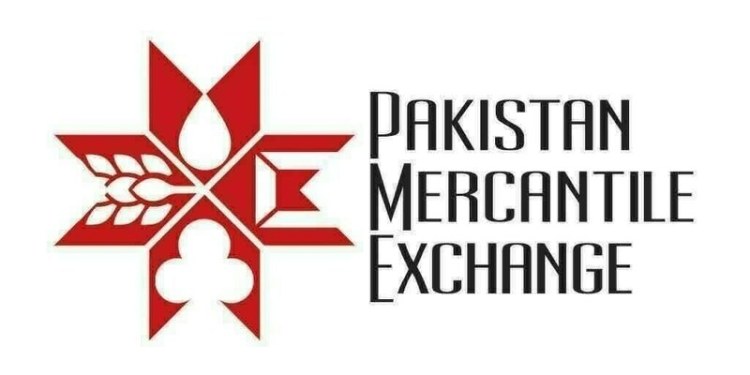 © Reuters. FILE PHOTO – A drilling rig owned by Parsley Energy Inc. near Midland
© Reuters. FILE PHOTO – A drilling rig owned by Parsley Energy Inc. near MidlandBy Libby George
LONDON (Reuters) – Oil prices edged higher on Monday, reversing earlier losses, after an explosion in New York refocused the market on the geopolitical risk.
Brent crude futures (), the international benchmark for oil prices, were 30 cents higher at $63.70 a barrel by 1409 GMT.
U.S. West Texas Intermediate (WTI) crude futures () were at $57.57 a barrel, 21 cents above their last settlement.
Both benchmarks popped higher after an explosion rocked New York’s Port Authority, one of the city’s busiest commuter hubs, on Monday morning.
“There was a bit of an increase in reaction” to the blast, Olivier Jakob, managing director of PetroMatrix said. “We’ve been staying in a range for a while now.”
Earlier in the day, prices were under downward pressure from rising U.S. drilling activity that pointed to a further increase in American production, countering OPEC-led output cuts.
Analysts at PVM Oil Associates also said the “deteriorating geopolitical backdrop acted as a pillar of price support” over the past week, with turmoil in Yemen and potential worker strikes in Nigeria underpinning the market.
But the primary support has been a cut in production by the Organization of the Petroleum Exporting Countries and a group of non-OPEC producers, including Russia, which has been in place since the start of the year.
Brent and WTI have gained well over a third from 2017 lows.
But all this could be undermined by rising output from the United States, which is not participating in the deal to withhold production.
The number of rigs drilling for new oil output in the United States rose by two in the week to Dec. 8, to 751, the highest level since September, energy services firm Baker Hughes said on Friday.
“The largest concern for investors currently remains the rise in the U.S. rig count,” said Shane Chanel, equities and derivatives adviser at ASR Wealth Advisers.
A higher rig count points to a further rise in U.S. crude production
That’s the highest since the early 1970s, and close to the output levels of top producers Russia and Saudi Arabia.
OPEC started withholding supplies in January and announced late last month an extension through 2018.
The United Arab Emirates’ energy minister said on Monday that OPEC plans to announce in June an exit strategy from the cuts, though he added it did not mean the pact would end by then.
Fusion Media or anyone involved with Fusion Media will not accept any liability for loss or damage as a result of reliance on the information including data, quotes, charts and buy/sell signals contained within this website. Please be fully informed regarding the risks and costs associated with trading the financial markets, it is one of the riskiest investment forms possible.
Source: Investing.com





























